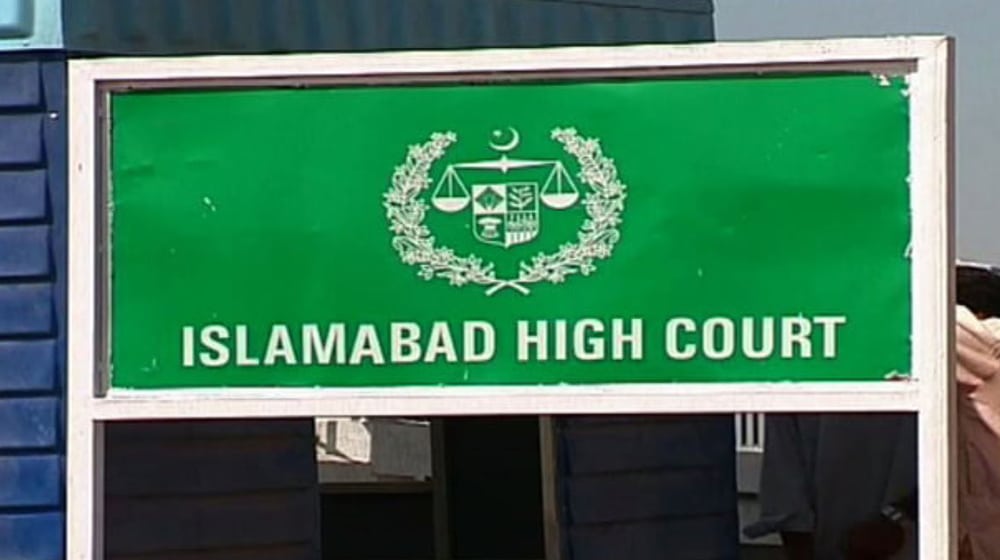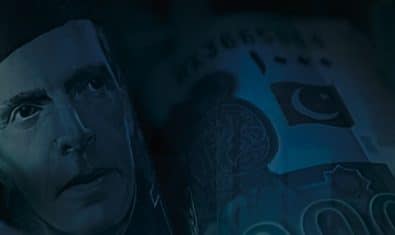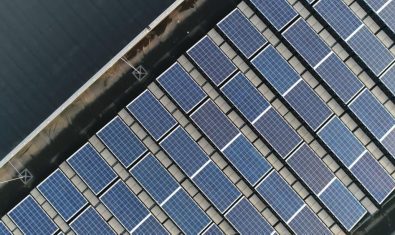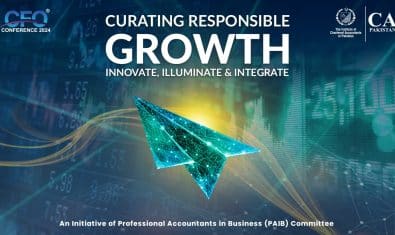The Islamabad High Court (IHC) has suspended the SRO 1588(1)/2023 of the Federal Board of Revenue (FBR) which imposed 40 percent additional tax on windfall income of banks.
In this regard, the IHC issued an order on Wednesday. IHC has also issued notices to the FBR and Attorney General of Pakistan for submission of comments by December 8, 2023.
According to the IHC order, the foregoing submissions, demonstrate not only a prima facie case but also that the ingredients of balance of convenience and irreparable loss operate in favor of the petitioner bank. Resultantly, the operation of the impugned SRO shall remain suspended till the next date of hearing.
The petitioner bank and one of its shareholders are aggrieved of the impugned SRO 1588(1)/2023, dated 21-11-2023, issued under section 99D of the Income Tax Ordinance 20011 by which the banking companies have been subjected to ‘additional tax’ at 40 percent on their windfall income that is to be computed in accordance with the formula given in the impugned SRO.
IHC order said that in view of the submissions made above and given that the tax is due in terms of the SRO by November 30, a case for interim relief is made out.
Another submission by the learned counsel to be recorded in the context of this application for interim relief is that, in terms of section 99D(3), the notification levying the additional tax on windfall income is to be laid before the National Assembly, which not only assumes that a National Assembly is in existence (for it is to be laid ‘within’ 90 days) but, more to the point, it is quite possible that the National Assembly would not agree and may refuse to bless the notification issued under section 99D.
In this case, the additional tax would no longer be valid and, in case of its earlier recovery, it would be the petitioners who would be out of pocket for the interim period for which the federal government is unlikely to pay any interest and, therefore, the loss of use of the taxpayer’s funds for that period without any compensation does appear to meet the test of irreparable loss.
IHC stated that the section 99D, being a charging section, appears inchoate in that it does not spell out the consequences of the National Assembly disagreeing with the federal government’s computation of the windfall income or its chosen rate of additional tax, and the benefit of the ambiguity over the precarious existence of the progeny of a charging section can only extend to the taxpayer.
Therefore, the SRO cannot but be taken to remain in abeyance until it is blessed by the National Assembly (assuming all other legal grounds operating in the department’s favor thereafter).
The counsel for the FBR submitted with reference to citations that legislation is to remain operative until it is declared ultra vires. However, as rightly pointed out by the learned counsel for the petitioner, the interim relief sought is in respect of the impugned SRO, which is an executive act and not legislation and, therefore, prima facie not covered by the judgements on the point referred to by the learned counsel for the FBR.
The counsel of the petitioner contended inter alia that section 99D is tantamount to excessive delegation of power by the Parliament by leaving it to the federal government to determine any rate of tax between 0 percent and 40 percent, which is in breach of Article 77 of the Constitution.
He contended further that the impugned SRO has been issued by the caretaker government, which per settled law can only attend to day-to-day affairs and cannot extend its authority to a fresh taxation measure. He went on to state that the SRO is also defective in that the determination of the preconditions under section 99D, namely, the economic factors that led to the windfall income as well as the quantum of the windfall income, are conspicuous by their absence in the impugned SRO, and by a reading of the SRO there is only an underlying but invalidated assumption that external economic factors have actually operated and led to a windfall income but without these being spelt out in the notification, which would be expected given the letter and spirit of section 99D.
He marched on by referring to the formula under the SRO, which takes the arithmetic mean for the past 6 years as the key referent by which the windfall income is to be calculated, thus extending beyond the 3 year period to be taken into account for the purposes of additional tax under section 99D.
Another argument is that the charge of additional tax conflicts with entry no. 47 in the Legislative List for imposing an additional tax which is not warranted in terms thereof, IHC order added.





















